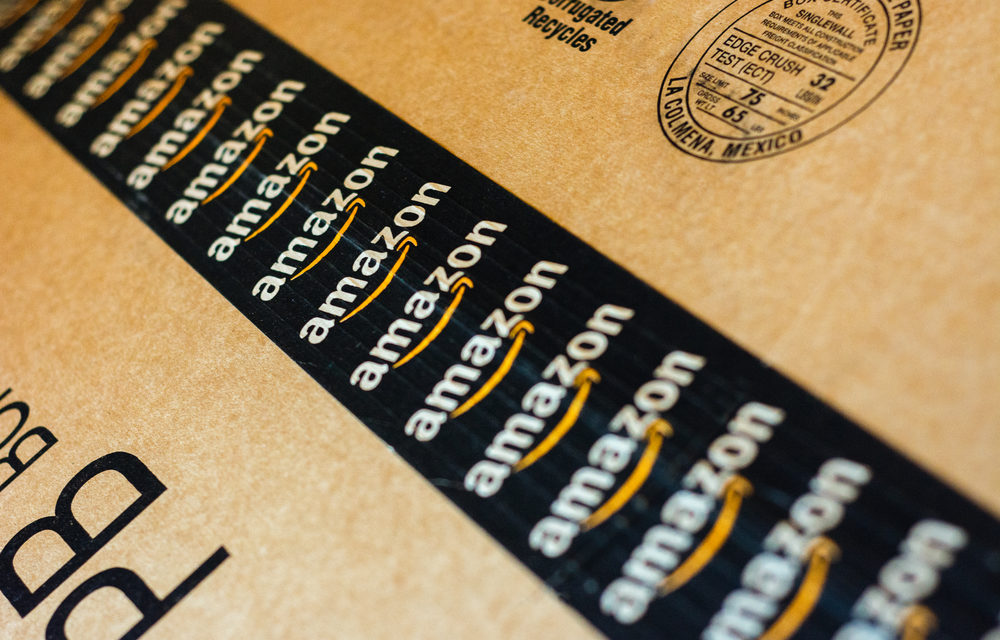The news from retailing lately has been anything but encouraging. Dominating the headlines are stories about the struggles of Macy’s (M), Sears Holdings (SHLD) and JCPenney (JCP) — and many other names, both venerable and new — that are closing stores and laying off thousands as consumer spending shifts to Amazon (AMZN) and other online outlets. But the picture isn’t entirely bleak.
Retail analysts consider some chains to be “un-Amazonable,” meaning they’re weathering the Seattle-based e-commerce company’s competitive juggernaut better than most. The term is murky since no chain is completely immune from Amazon. For example, Amazon is planning to adding physical grocery and book stores.
Among the brick-and-mortar standouts are off-price retailers such as TJX (TJX), Ross Stores (ROSS), Burlington Stores (BURL) and Nordstrom Rack (JWN). Customers are flocking to them for national brands at rock-bottom prices. They also have merchandise consumers can’t find online.
Take TJX, parent of TJ Maxx, Marshalls and HomeGoods. It has posted gains in the critical metric of same-store sales (sales at locations open one year or more) for more than 20 years, and it added 200 stores around the world during the most recent fiscal year. TJX expects to keep up the pace this year and plans to add a total of 1,800 over the long term. Ross Stores plans to add 90 locations this year, while Burlington Stores expects to open 30 on a net basis.
TJX, however, reported quarterly results on Tuesday that disappointed Wall Street, and it gave lackluster earnings guidance. Chen, who rates TJX as “outperform,” argued in a note to clients that the chain isn’t facing the problems other retailers are, such as declining traffic and a glut of stores.
Other un-Amazonable retailers offer shoppers experiences or services that can’t be replicated online, such as the facials offered at beauty chain Ulta (ULTA). During its most recent quarter, it reported that same-store sales increased 16.6 percent. Most chains are pleased when they scratch out a single-digit gain.
“Their CEO [Mary Dillon] understands how women like to experience things and how to make that experience memorable,” said Amanda Nicholson, a professor of retail practice at Syracuse University’s Whitman School of Management. “I don’t know a little girl who didn’t start playing with their mom’s makeup when they were 7 or 8. What Ulta did is make a big place for grownups to play with makeup. … It’s fun to go there. It’s something that people look forward to.”
Home Depot (HD) and Costco (COST) also are holding their own against Amazon.
The largest home-improvement chain reported better-than-expected quarterly results on Wednesday, fueled by the strength in housing. It also raised its earnings guidance for the year. Worth noting: Online sales surged 23 percent during the most recent quarter.
A recent survey of Costco shoppers by Barclay’s found that 80 percent came to the warehouse chain to buy food, an area in which Amazon has had limited success. Much of the food Costco shoppers buy is perishable or frozen, which is more difficult to ship. Another 10 percent came to Costco to buy gasoline, one of the few products that can’t be sold online.
Then there’s high-end furniture retailer RH (RH) — formerly Restoration Hardware — whose stock has surged 86 percent this year. However, it may face heightened competition from Amazon, which is making a major push into the furniture market, according to The Wall Street Journal.
“Furniture is a large market,” Chen said. “The company has its sights set on big markets and big market opportunities.”
Still, that leaves a good many companies that have so far stood up to the challenge and remain as un-Amazonable as possible.
By

